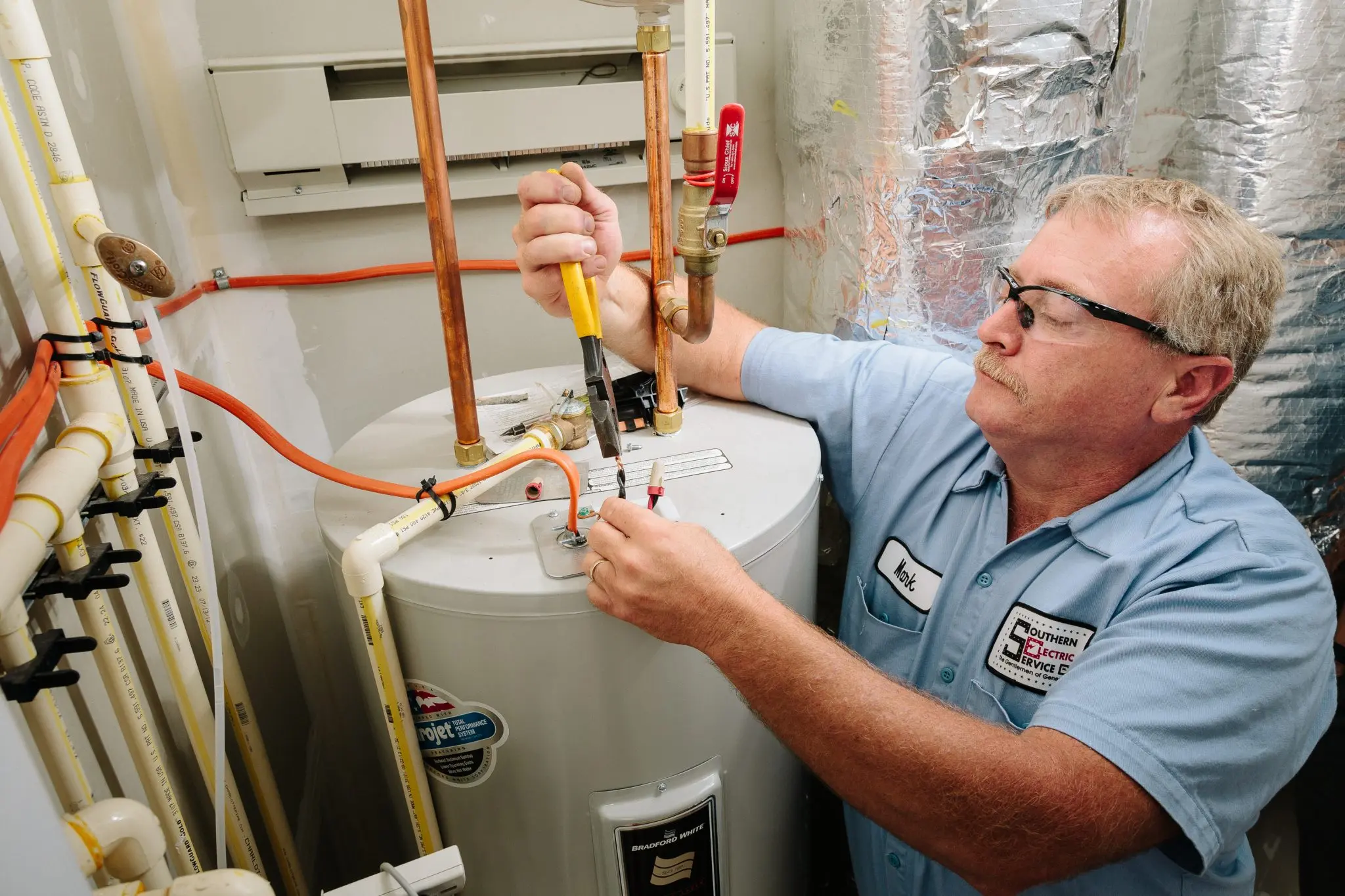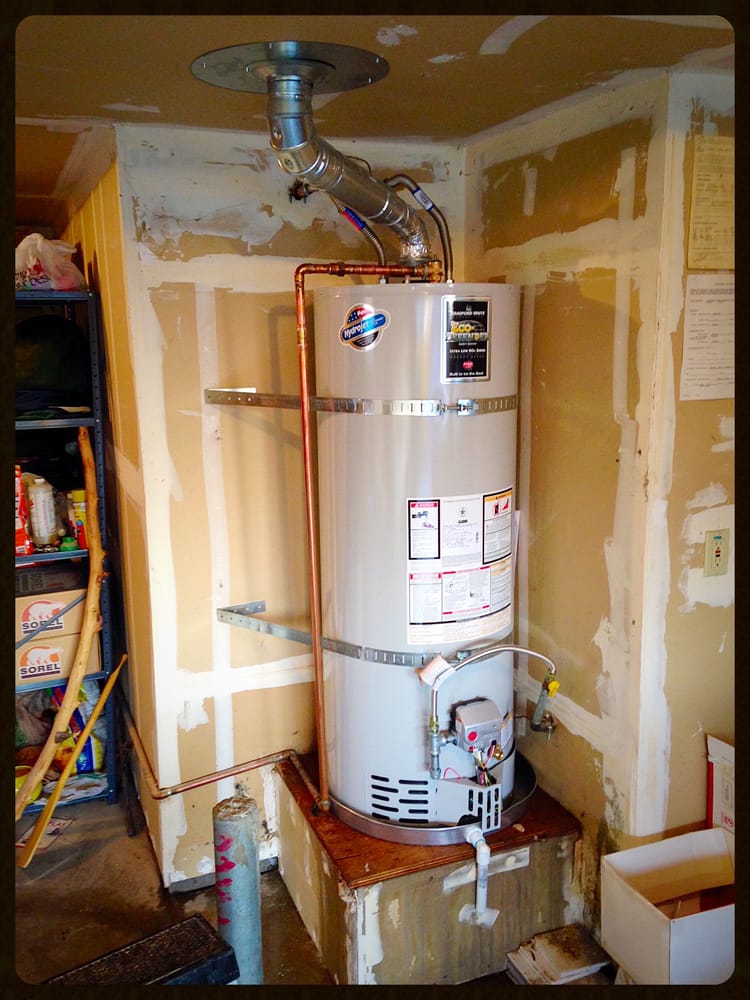Experienced Plumber Denton Offering Fast Plumbing
Experienced Plumber Denton Offering Fast Plumbing
Blog Article
Total Guide to Water Heating UnitSetup and Substitute
Recognizing the ins and outs of hot water heater installation and substitute is important for property owners looking for to make sure efficiency and integrity in their warm water supply. From picking the appropriate kind and size to carrying out a seamless setup procedure, a number of factors need to be taken into consideration to avoid typical challenges. This guide will certainly supply you with the needed actions and understandings to browse the complexities of this home enhancement job, while additionally highlighting crucial maintenance methods that can extend the life of your system. As you explore these elements, you might discover on your own reassessing your current setup and determining areas for renovation.
Kinds Of Water Heaters
When thinking about hot water heater installation and replacement, it is vital to understand the various kinds of water heating systems offered on the market. One of the most typical types consist of container hot water heater, tankless water heating systems, warm pump hot water heater, and solar hot water heater.
Tank water heating systems are traditional systems that save a specific quantity of hot water, making them conveniently offered when required. In comparison, tankless water heating systems provide hot water on demand, eliminating the requirement for storage.
Heatpump water heating units use electrical energy to move heat from the air or ground to warm water, supplying significant energy savings yet calling for more space and specific setup problems. Lastly, solar water heating units harness solar power to warm water, giving an eco-friendly choice with prospective long-term cost financial savings, although they frequently require a back-up system for cloudy days.
Comprehending these choices ensures notified decisions pertaining to setup and replacement, accommodating details demands and choices.
Choosing the Right Size
Choosing the suitable size for a hot water heater is vital to ensure ideal efficiency and effectiveness. A system that is as well small will certainly struggle to fulfill family needs, resulting in inconsistent hot water availability and boosted power usage. Alternatively, an extra-large hot water heater can lead to unnecessary power waste and higher utility bills.
To determine the best size, think about the house's top warm water use. This can be computed based upon the variety of owners and their typical warm water requirements. A household of 4 may need a water heater with a capability of 50 to 80 gallons, depending on the usage patterns, such as simultaneous showers and washing.
Furthermore, analyze the recuperation price, which measures exactly how promptly a heating unit can replenish hot water after it has been used. For tankless models, emphasis on the flow price, gauged in gallons per minute (GPM), to ensure it meets the family's simultaneous need.

Installment Refine Review
/replacing-a-water-heater-1824920-10-4d53aa4c5c97472ab7cc7e5be4628cae.jpg)
Following, the old unit must be separated and gotten rid of, taking care to follow local codes and policies relating to disposal. When the old system is out, the brand-new hot water heater can be positioned in position. This action involves linking the water system lines, making certain that all installations are leak-free and safe and secure.
After establishing water connections, it's vital to attach the power supply, whether electric or gas, complying with the manufacturer's directions diligently. Once all connections are made, the system should be loaded with water, and the power can be transformed back on. It's important to check for leaks and make certain the water heater is functioning correctly prior to completing the setup procedure.
Usual Installation Blunders

An additional regular blunder is disregarding to comply with regional codes and policies. Failing to abide by these standards can not just result in safety and security hazards however may likewise result in pricey penalties or the need for expensive reinstallation. Additionally, inappropriate venting is a crucial issue. Insufficient air flow can cause hazardous gas accumulation, presenting severe wellness risks.
Stopping working to safeguard links or utilizing the incorrect type of installations can lead to leakages and water damages. By staying clear of these usual installment blunders, house owners can guarantee their water heating unit operates safely and successfully, optimizing performance and longevity.
Maintenance Tips for Durability
Correct upkeep of a hot water heater is crucial for its long life and ideal performance. Regular inspections and maintenance can protect against expensive click for more repair work and extend the device's life expectancy. Begin by examining the temperature level setting; it should generally be set in between 120 ° F and 140 ° F for optimal energy performance and safety.
Every 6 months, flush the container to remove debris accumulation, which can impair home heating performance and trigger rust. To do this, shut off the heater, connect a hose pipe to the drainpipe valve, and let the water run up until it is clear.
Anode poles should be checked every year and replaced when they are rusted. These poles aid avoid storage tank rust by bring in destructive aspects in the water.
Furthermore, examine the stress relief shutoff consistently to ensure it is operating appropriately. This valve is essential for avoiding extreme pressure buildup within the tank.
Lastly, consider setting up a professional maintenance check every few years for comprehensive evaluations and servicing. By sticking to these upkeep pointers, house owners can substantially improve the effectiveness, security, and life expectancy of their water heating units, making sure trustworthy warm water for several years to find.
Conclusion
In final thought, correct installment and upkeep of water heating systems are important for ensuring efficiency and longevity. By comprehending these crucial aspects, homeowners can accomplish a trustworthy hot water supply while lessening prospective problems related to water heater operation.
Recognizing the details of water heater setup and substitute is essential for house owners seeking to guarantee efficiency and dependability in their hot water supply.Tank water heating units are standard systems that store a details quantity of hot water, making them readily offered when needed. In comparison, tankless water heating units offer warm water on need, eliminating the need for storage space. Selecting a water heating unit that is either too tiny or too large can lead to ineffectiveness, resulting in insufficient hot water supply or excessive energy usage.
By comprehending these essential aspects, home owners can accomplish a trustworthy hot water supply while minimizing prospective problems associated to water heater procedure. pipe repair.
Report this page